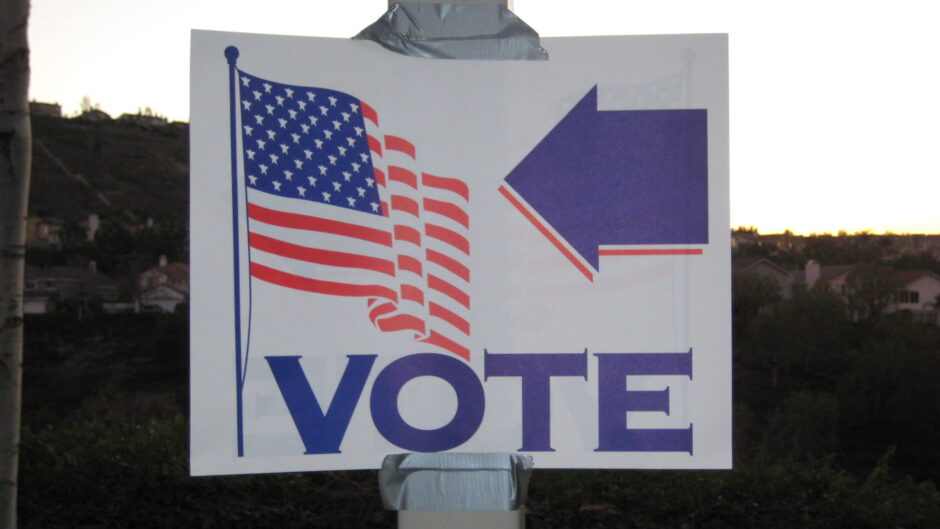Election nights sure feel better when the evil people don’t win, don’t they? It’s a big relief, seeing decent people win in a variety of races around the country, instead of an overwhelming deluge of losses to the worst people you have ever heard of.
Just focusing on the executive races, we first had Abigail Spanberger winning the governorship of Virginia. Then we had Mikie Sherrill winning the governorship of New Jersey. Then, to cap it off, we had Zohran Mamdani winning the mayorship of New York City. It was nice that Virginia closed polls at 7pm, New Jersey at 8pm, then New York at 9pm, ensuring that this wave of races were called in a nice wave to lengthen the night’s narrative. But, also, every state should follow New York’s lead and keep polls open late. It’s absolutely absurd that polls close anywhere as early as 7pm.
There were a bunch of other races around the country that also went a pleasant way. Two Democrats won PSU seats in Georgia, the first time a Democrat has won a state-wide non-federal election in a long time. Democrats picked up seats in the Virginia statehouse, guaranteeing Governor-Elect Spanberger a pretty easy legislature to work with. There are others, but too many to recite here in a short blog post.
It is a relief, but it was hardly a surprise. And many would like to take a lesson from this election season, something to grab ahold of moving forward. What did we learn? Well, let’s not get too far ahead of ourselves. This was all pretty much a foregone conclusion; all we needed was the votes to be cast and confirmed. Sure, that’s not ever a certainty—and sure feels like that lately—but this time it basically was.
We like to talk about the fundamentals of the race, and how important they are versus the candidate quality or campaign effects. This time around, the fundamentals were all in the Democrats’ favor, in a huge way. A deeply unpopular president, pursuing deeply unpopular policy ends. The closed government, the laid off federal workers, inflation that’s still high (and potentially getting higher), mass deportations, probably unconstitutional tariffs, the new ballroom, the list continues but you get the idea. And we all know, thanks to the fundamentals, that unpopular incumbents and a weak economy tend to lead to higher opposition vote share.
Of the three major executive races, Republicans didn’t even bother running a viable candidate in two of them. Virginia and New York’s races were basically represented with unelectable crackpots (one absolutely unlikeable, one, if vaguely likable, was still a crackpot). In New Jersey, Republicans did put up a fight, and it looked like it would be a little closer (but definitely did not end up remotely as close as they had hoped). Candidate quality!
Speaking of candidate quality: I’ve loved today’s coverage of Mamdani’s win, couching it as “unlikely” and “improbable.” Sure, a generational political talent, running one of the best campaigns in the current era—with the sniff of inevitability—was unlikely to win. Against a sex pest and a gadfly. I don’t know how he’s going to do as mayor, but it’s hard to say his rise was somehow unlikely.
I don’t have much to say about where the three candidates sit on the so-called spectrum of American politics. Spanberger and Sherrill are super centrists, and we all know Mamdani is to the left of Stalin. Can you draw a lesson there? Other than being the right candidates for their locations, I cannot. Could somebody with the charisma and political talents of Mamdani win Virginia? I don’t know, maybe! Could Spanberger win New York City? Honestly, yes! It’s the same city that elected Rudy and Bloomberg, not necessarily some lefty socialist paradise.
Three campaigns, for the most part laser-focused on their constituencies, and tailor-made to win the elections this year, is maybe the lesson to take from this. Sure they all say all politics is local, and it definitely is not anymore, but crafting your message and your candidacy to your local area is tantamount to winning local office, and in this, the three succeeded.
But also the Democrats are up between 5-10 points in the generic ballot. So, I mean, it probably was inevitable. Fundamentals!





